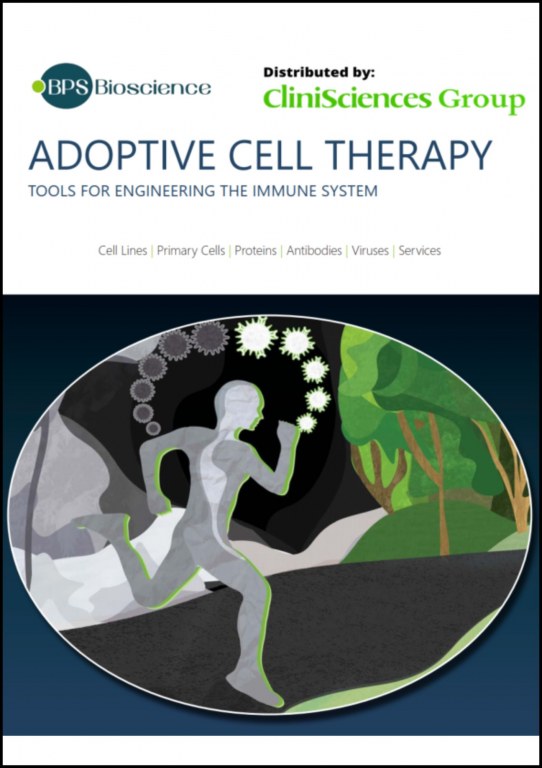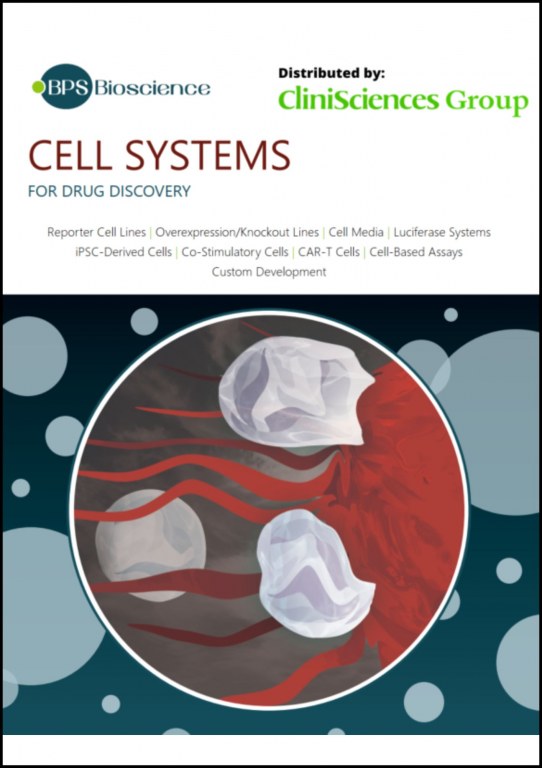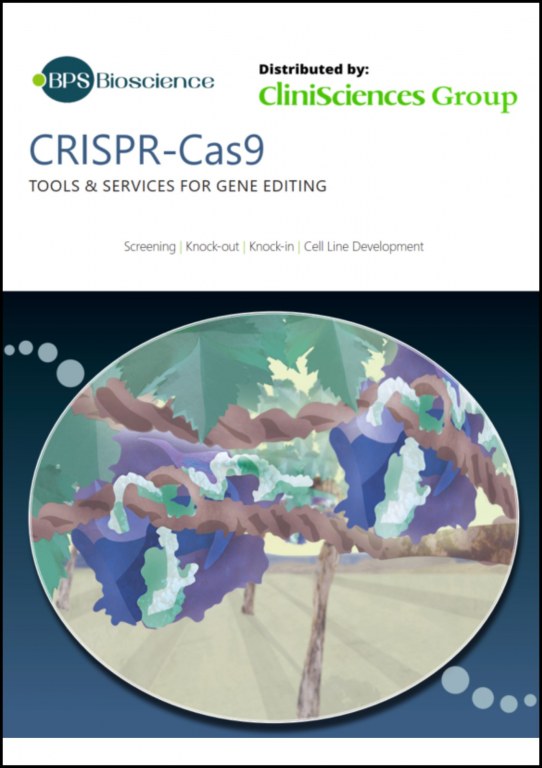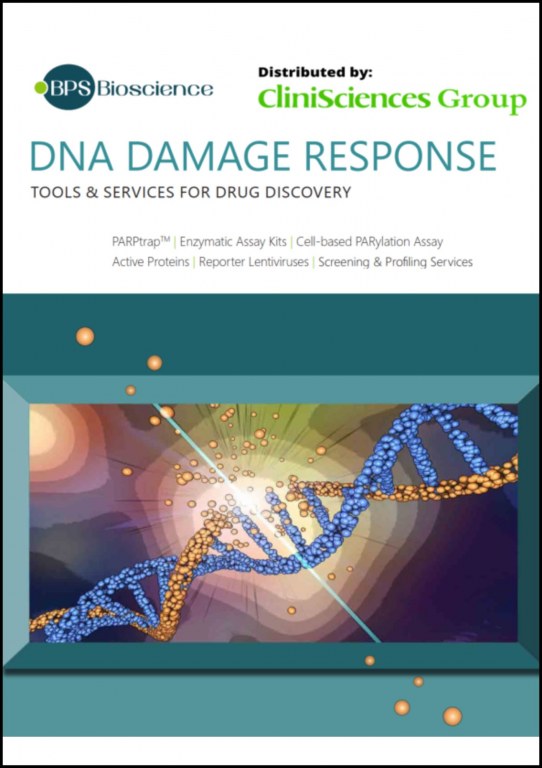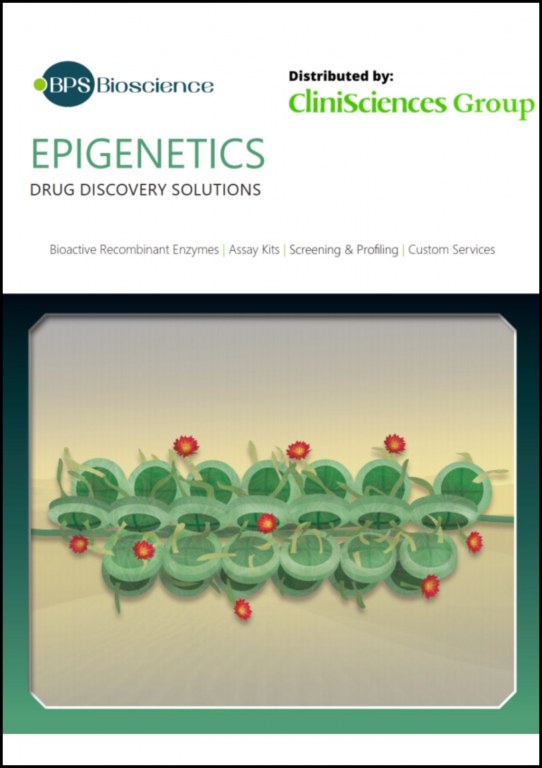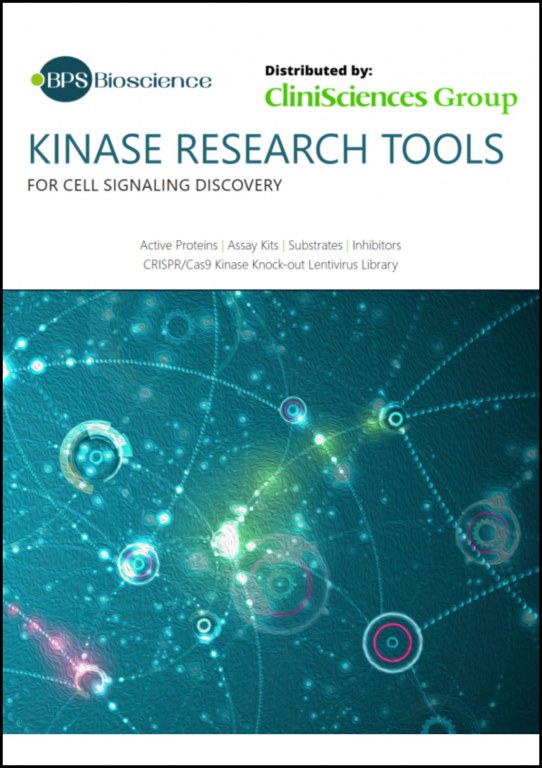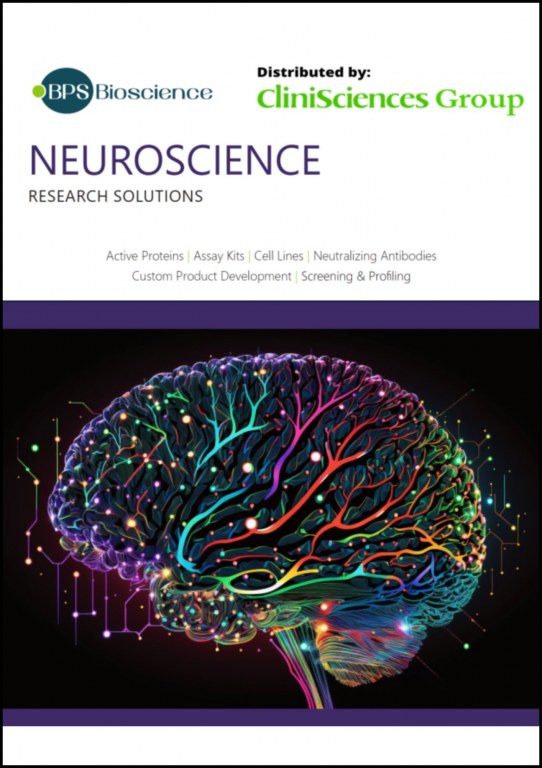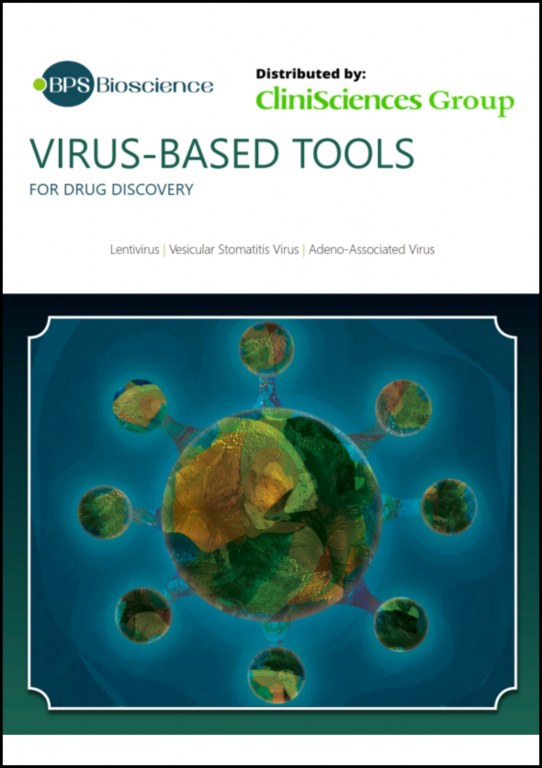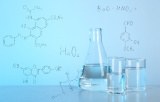BPS Bioscience
 |
||||||||||||||||||||||||||||||||||||||||||||||||||||||||||||||||||||||||||
BPS offers one of the largest selections of unique recombinant proteins and assay kits for epigenetic studies, immune checkpoints, metabolism and cell signaling pathways to improve human health.
Cloning and Expression: BPS Bioscience's Molecular Biology Services team can help you achieve any molecular biology research goal you are trying to achieve. Our gene cloning and site-directed mutagenesis services are often the first step in custom protein expression, analytic development, and custom cell line development projects.
Purification and Protein Modification: Choose BPS Bioscience for your protein, reduction, purification and modification needs. Using our cloning and expression services, the constructs can be optimized for high purity, high performance protein expression. We are also specialized in protein labeling to provide improved products for high quality testing.
Cell line development: Let our experts help you reduce time and complexity with our stable cell line development services. We produce customized cell lines for protein production and compound screening. Our specialty in reporter assays for immune control pathways offers great opportunities for research on co-immunotherapies.
Test Development and Screening Services: Evaluate key compounds with our biochemical and cell screening services. Save time by allowing us to filter your compounds of interest against our unique test panels or to determine IC50 values with our portfolio of hundreds of tests so you can focus on advancing your discovery program of drugs.
Learn more :
Watch the video :
Website: bpsbioscience.com
| ||||||||||||||||||||||||||||||||||||||||||||||||||||||||||||||||||||||||||
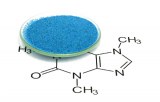
Biochemicals
Biochemical reagents are essential tools in life sciences research, diagnostics, and therapeutic development. They play a crucial role in conducting experiments and facilitating biological processes. Some specific aspects of biochemical reagents include their applications, types, and importance in various fields..
Applications of Biochemical Reagents
Biochemical reagents are used in a wide range of applications, such as:
-
Studying the elements, compounds, and reactions controlled by biomolecules and taking place in living organisms.
-
Detecting and measuring specific properties or characteristics of a substance.
-
Diagnosing and treating diseases by determining parameters like blood cell counts, clotting times, and erythrocyte sedimentation rate.
-
Investigating metabolic disorders by measuring their parameters, such as liver function, kidney function, and levels of glucose, lipids, and proteins in the blood and urine.
Types of Biochemical Reagents
Biochemical reagents can be classified into several types, including:
-
Peptides: Short chains of amino acids that can have various biological effects.
-
Staining Reagents: Chemicals used to stain cells or tissues for visualization and analysis.
-
Amino Acids: The building blocks of proteins, which can be used to study protein synthesis and function.
-
Lipids and Lipid Derivatives: Molecules that can be used to study membrane protein interactions and lipid-protein dynamics.
-
Carbohydrates: Sugars and polysaccharides that can be used to study carbohydrate-protein interactions and cellular processes.
-
Detergents: Surfactants that can be used to solubilize membrane proteins and study their interactions with lipids.
-
IPTG (Isopropyl β-D-1-thiogalactopyranoside): A molecular biology reagent used for inducing gene expression in cloning experiments.
Importance of Biochemical Reagents
Biochemical reagents are crucial for accurate and reliable results in various fields, such as hematology, biochemistry, and molecular biology. They help researchers understand the mechanisms of biological processes, diagnose diseases, and develop therapeutic treatments. The choice of appropriate reagents is essential for ensuring the quality, consistency, and specificity of research results.In conclusion, biochemical reagents play a vital role in life sciences research, diagnostics, and therapeutic development. They are used in a wide range of applications, and their choice is crucial for obtaining accurate and reliable results.


